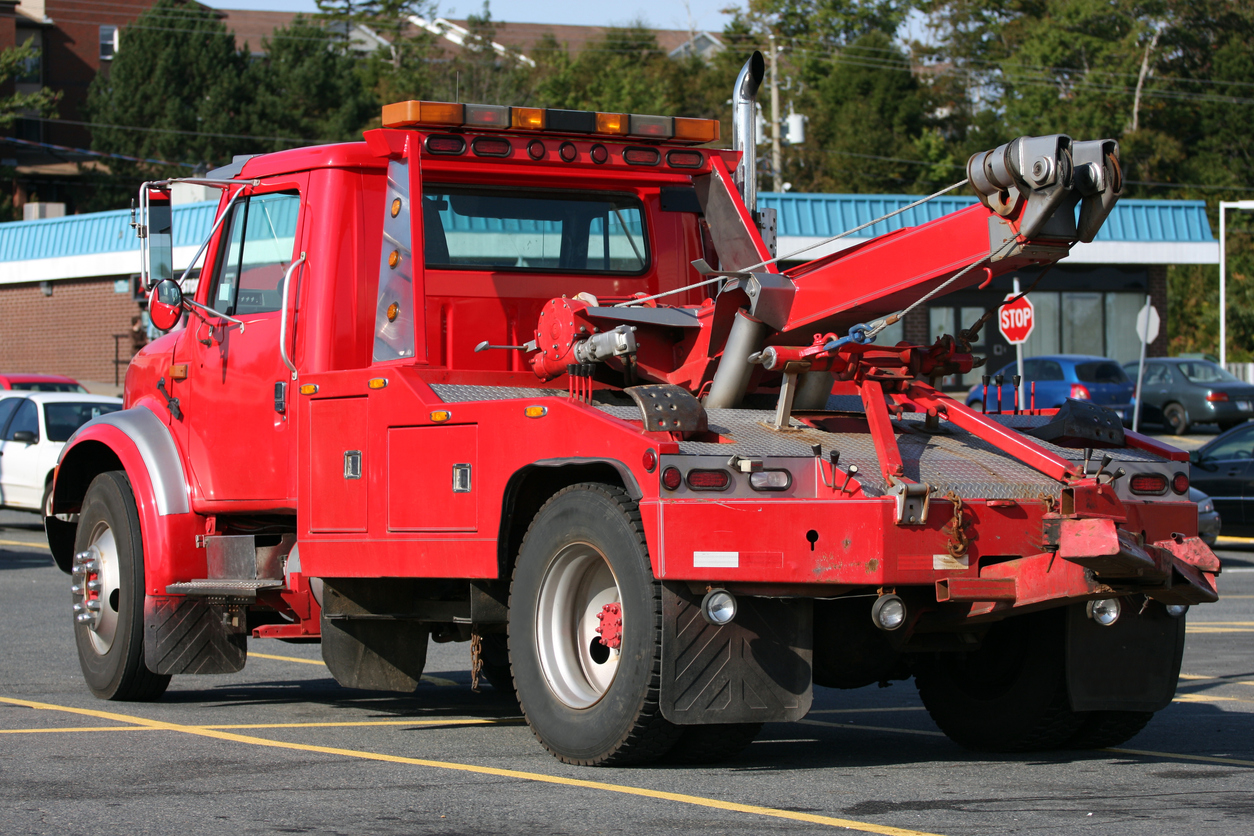Rob King & Associates, Trail Lawyers | October 16, 2025 | Truck Accidents

Gross Vehicle Weight Rating (GVWR) represents the maximum total weight a vehicle can safely carry, including the vehicle itself, passengers, and cargo. In Indiana, understanding GVWR is essential for complying with state and federal trucking regulations.
A vehicle’s GVWR affects more than just road safety—it influences licensing requirements, registration fees, and whether a Commercial Driver’s License (CDL) is needed. It can also play a critical role in determining liability and damages in Indianapolis truck accident cases.
This article explains Indiana’s GVWR laws and how vehicle weight can impact a truck accident injury claim.
What Is Gross Vehicle Weight Rating (GVWR)?
GVWR is the maximum operating weight prescribed by the manufacturer for a vehicle, including the vehicle’s chassis, body, engine, fuel, driver, passengers, and cargo. It is a key figure in determining legal compliance for vehicle registration, operation, and enforcement of weight limits.
Indiana’s Legal Weight Limits and GVWR Application
Indiana law limits the weight of trucks to safeguard roadways and bridges and ensure safe vehicle operation. The Indiana Department of Transportation (INDOT) and the Indiana State Police strictly enforce these laws.
The maximum GVWR for commercial vehicles may not exceed eighty thousand (80,000) pounds. Additionally, the weight concentrated on the roadway surface cannot exceed:
- Thirty-four thousand (34,000) pounds for a tandem axle group.
- Twenty thousand (20,000) pounds on a single axle in a tandem group.
- Eight hundred (800) pounds per inch of rim width.
Vehicles exceeding these limits must obtain an overweight permit from the Indiana Department of Revenue to legally operate on Indiana roads. Operating a truck that exceeds the weight limit can result in penalties, including substantial fines.
How GVWR Relates to Vehicle Registration and Plates in Indiana
In Indiana, the GVWR determines not just how a commercial vehicle is classified, but also the type of license plate it must display. When registering a vehicle, the declared GVWR must include both the empty vehicle weight and the maximum expected payload for the year.
Registration weight requirements vary by vehicle type—such as trucks, trailers, buses, and tractors hauling semi-trailers—to ensure an accurate match with the vehicle’s intended use and load capacity.
GVWR also plays a key role in determining whether a Commercial Driver’s License (CDL) is required. A vehicle’s weight and how it’s used dictate whether it qualifies as a commercial motor vehicle and what class of CDL the driver must hold.
Special Notes for Legal Compliance in Indiana
Oversized/overweight permits are required for loads and vehicles exceeding weight or size limits. Certain vehicles and equipment used for farming, highway construction, or emergency services are exempt from some weight and size restrictions.
Indiana’s regulations largely align with federal standards to ensure interstate consistency, but state-specific rules also apply and are enforced rigorously.
Why Compliance With Weight Restrictions Matters for Commercial Trucks in Indiana
Accurate knowledge of GVWR and adherence to Indiana’s legal limits are essential for all commercial vehicle operators and owners. Driving a vehicle exceeding Indiana’s GVWR and weight limits risks substantial fines, vehicle impoundment, and increased liability in accidents.
Excessive weight can cause significant damage to roads and bridges, unsafe driving conditions, and mechanical failures. Overloaded trucks increase the risk of truck accidents.
The consequences of overloading a truck include, but are not limited to:
- Increased risk of tire blowouts from the weight
- Loss of control of the vehicle
- Increased stopping distance
- Brake failure caused by the excessive weight of the vehicle
- Increased risk of rollover truck accidents
A commercial truck accident leads to severe and debilitating injuries, including spinal cord and brain injuries, internal organ failure, and multiple broken bones.
Filing Claims for Overweight Truck Accidents in Indianapolis, IN
Accident victims can recover both economic and non-economic compensation for injuries and damages resulting from a truck accident. However, they must prove that another party’s negligence or wrongdoing caused the accident.
Parties who may be liable for an overweight truck accident include:
- Shippers and loaders
- Truck drivers
- Other motorists
- Trucking companies
- Parts and truck manufacturers
- Leasing companies
Proving liability for a truck accident can be challenging. You must have evidence establishing the cause of the crash and who was responsible for the factors contributing to that cause.
For example, suppose the brakes failed, causing a truck to crash into other vehicles. The excessive weight of an overloaded truck could be a contributing factor to the brake failure. However, you would need expert witness testimony and evidence to help prove your case.
Fighting for Compensation for Truck Accidents in Indianapolis, IN
Truck accident claims often involve complex federal and Indiana-specific regulations, including GVWR classifications, CDL requirements, and weight limit violations. Successfully pursuing compensation requires a detailed investigation, strong evidence, and a clear understanding of how trucking laws apply to your case.
If you’ve been injured in a truck accident in Indianapolis, IN, it’s important to understand your legal rights and explore your options for recovering damages related to medical bills, lost income, and pain and suffering. An experienced attorney can help you navigate the process and build a strong claim.
For more information, please contact Rob King & Associates, Trial Lawyers to schedule a free consultation with a truck accident lawyer in Indianapolis, Indiana, today.
We proudly serve Marion County and its surrounding areas.
Rob King & Associates, Trial Lawyers – Indianapolis Office
320 N Meridian St Suite 906
Indianapolis, IN 46204
(317) 916-0000

